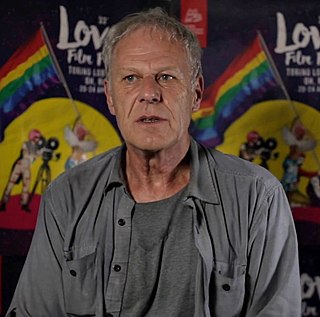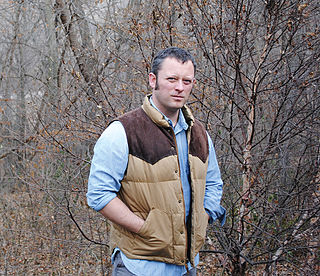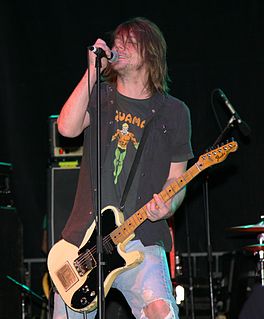A Quote by Paul Auster
Movies are not novels, and that's why, when filmmakers try to adapt novels, particularly long or complex novels, the result is almost always failure. It can't be done.
Related Quotes
In Pakistan, many of the young people read novels because in the novels, not just my novels but the novels of many other Pakistani writers, they encounter ideas, notions, ways of thinking about the world, thinking about their society that are different. And fiction functions in a countercultural way as it does in America and certainly as it did in the, you know, '60s.

































